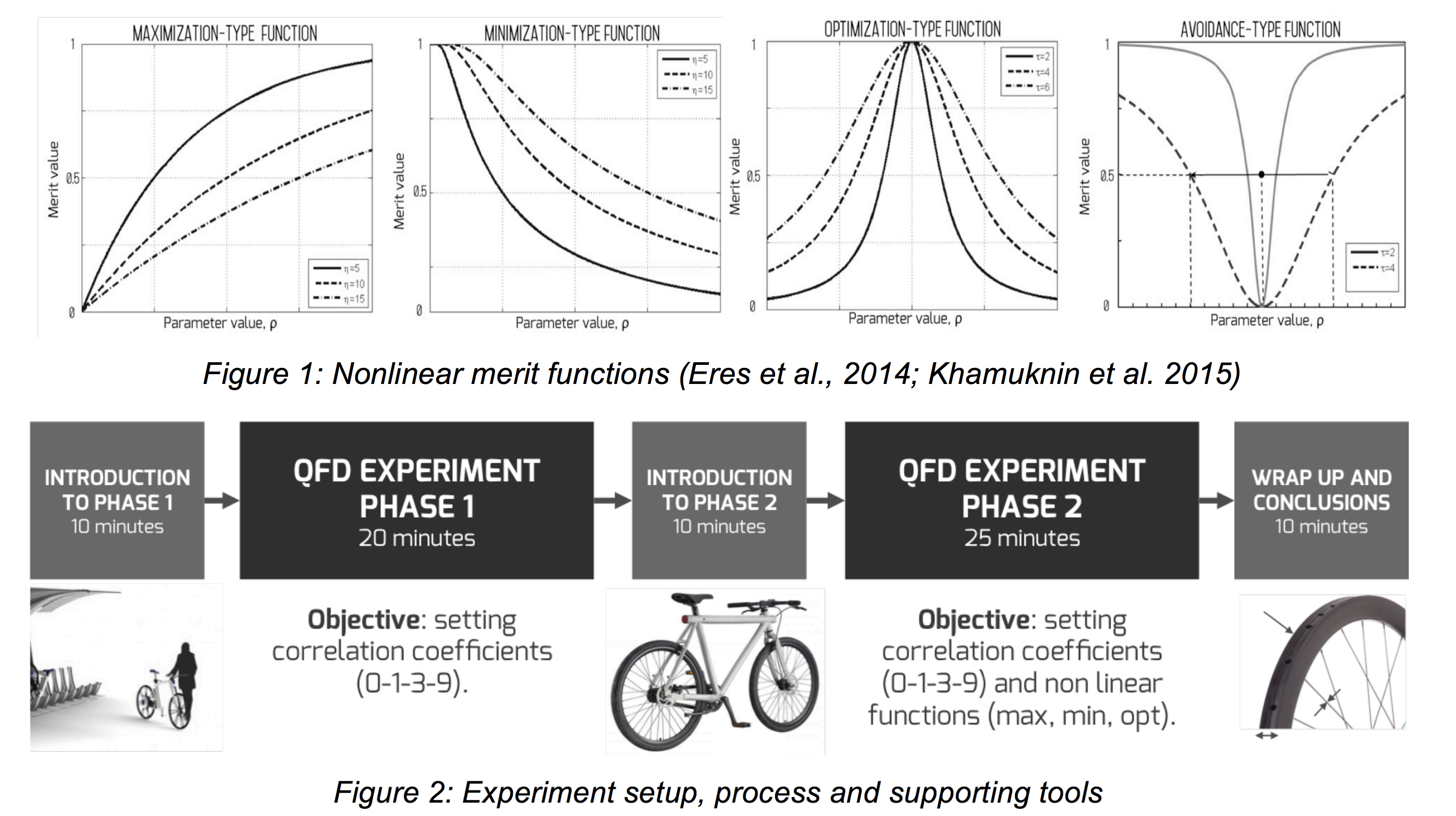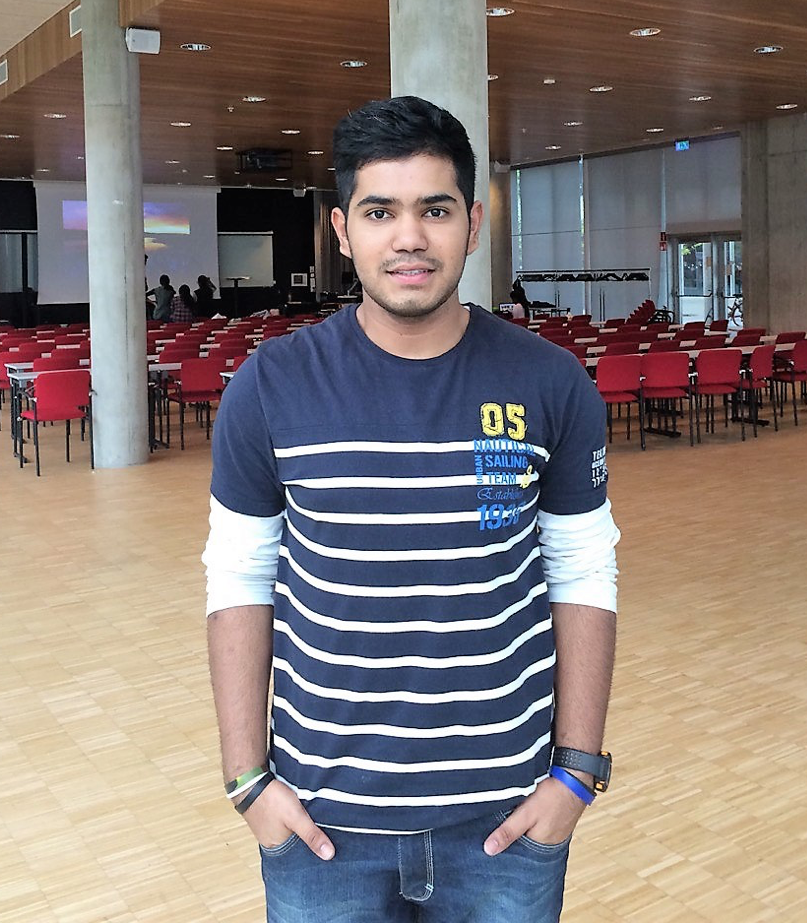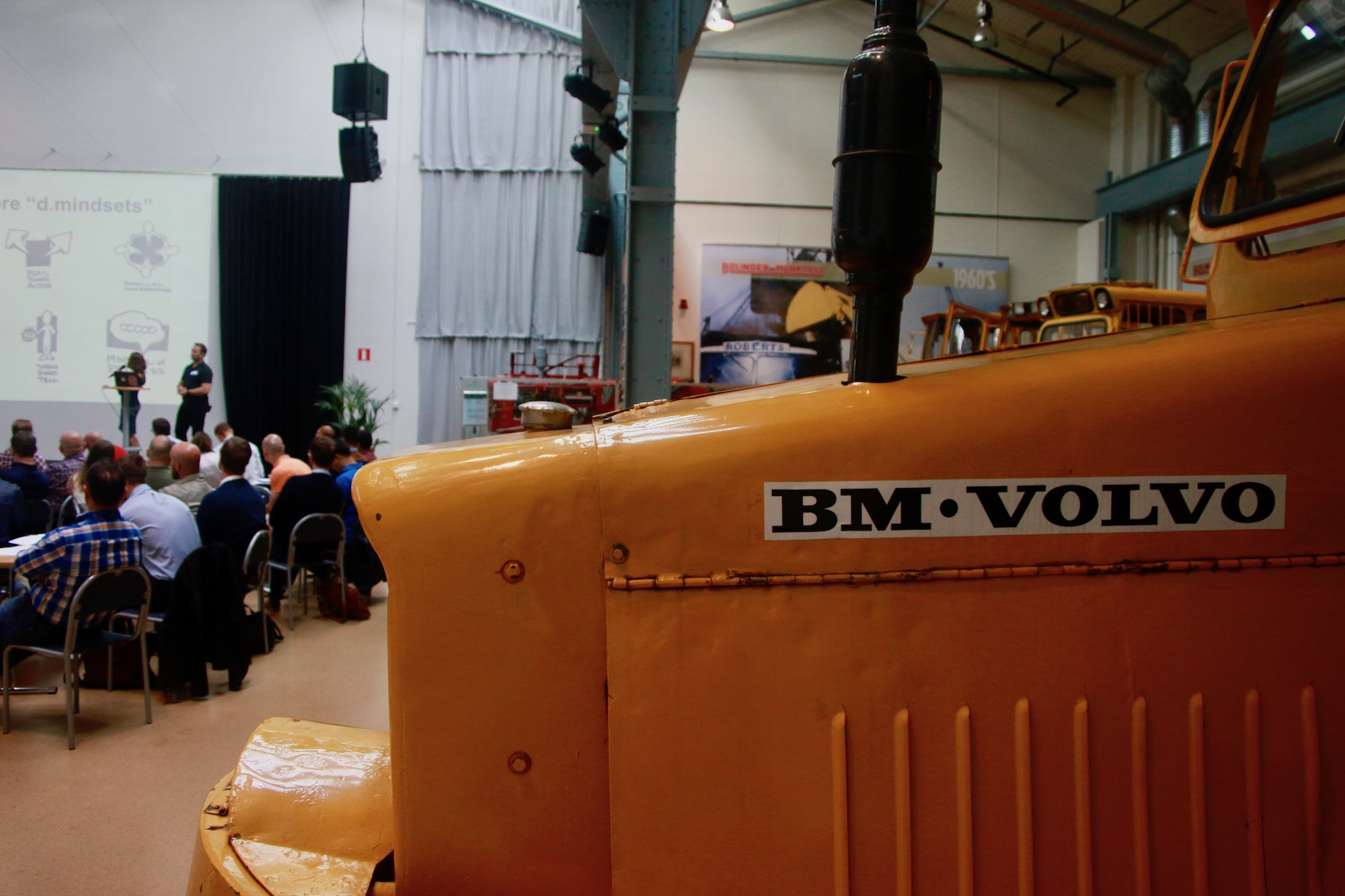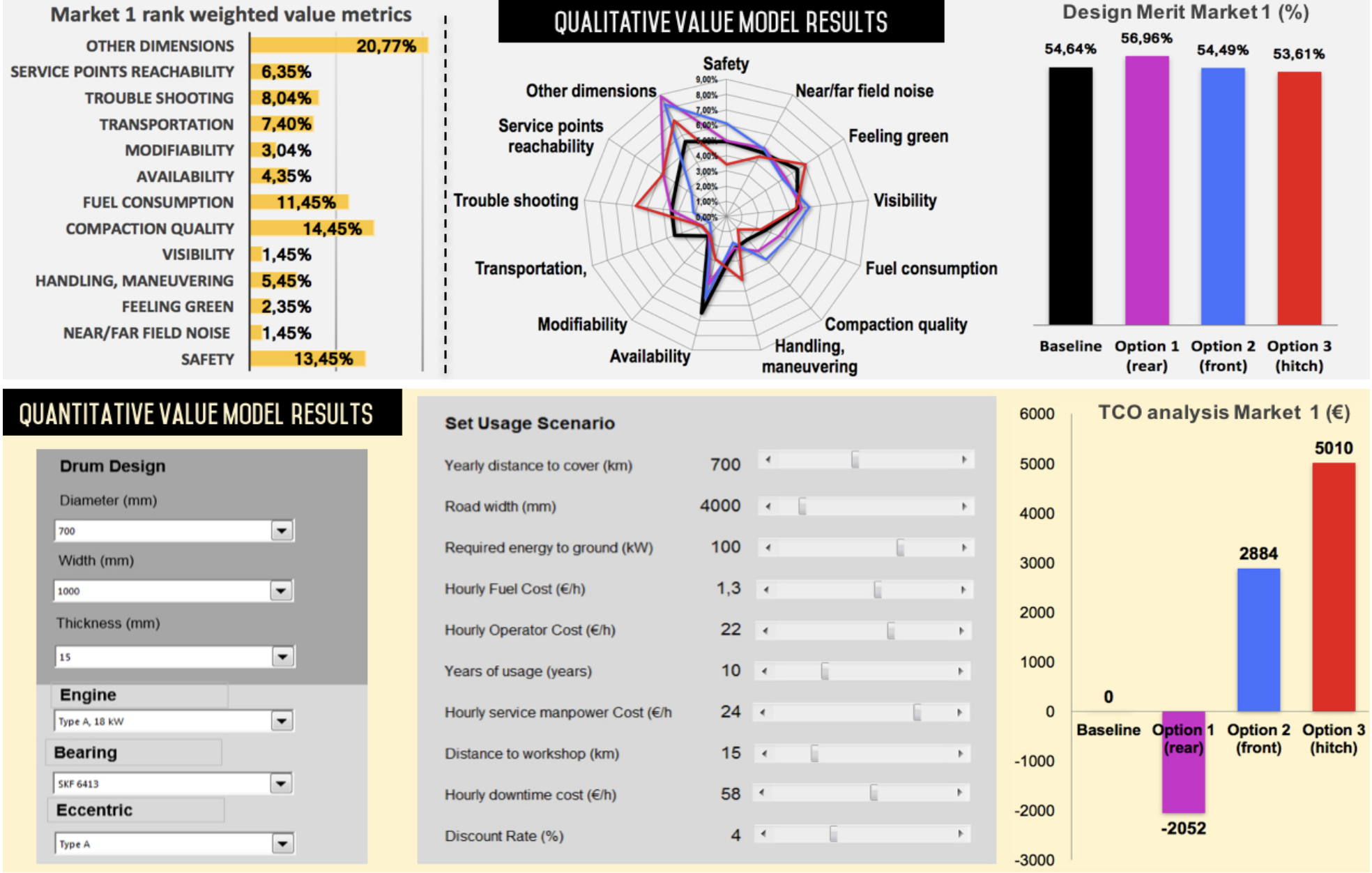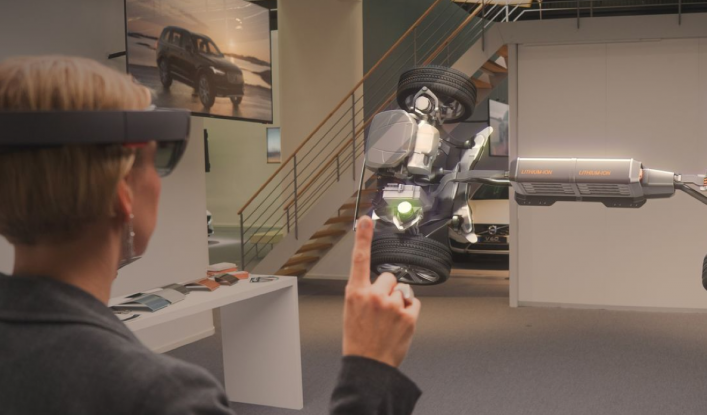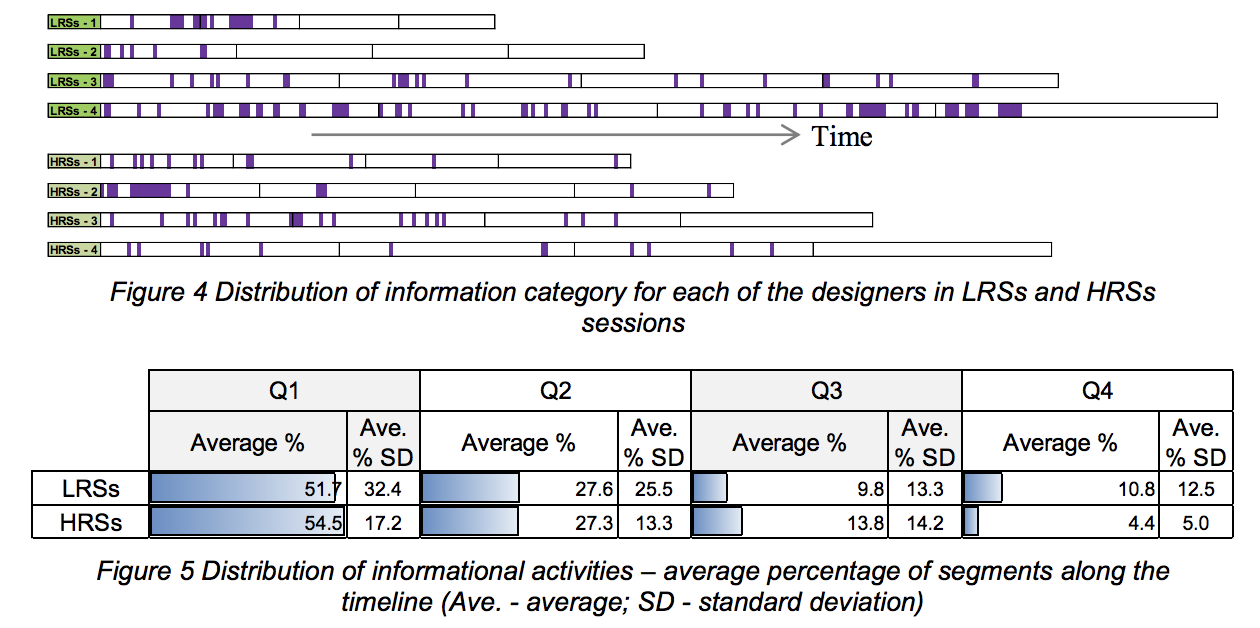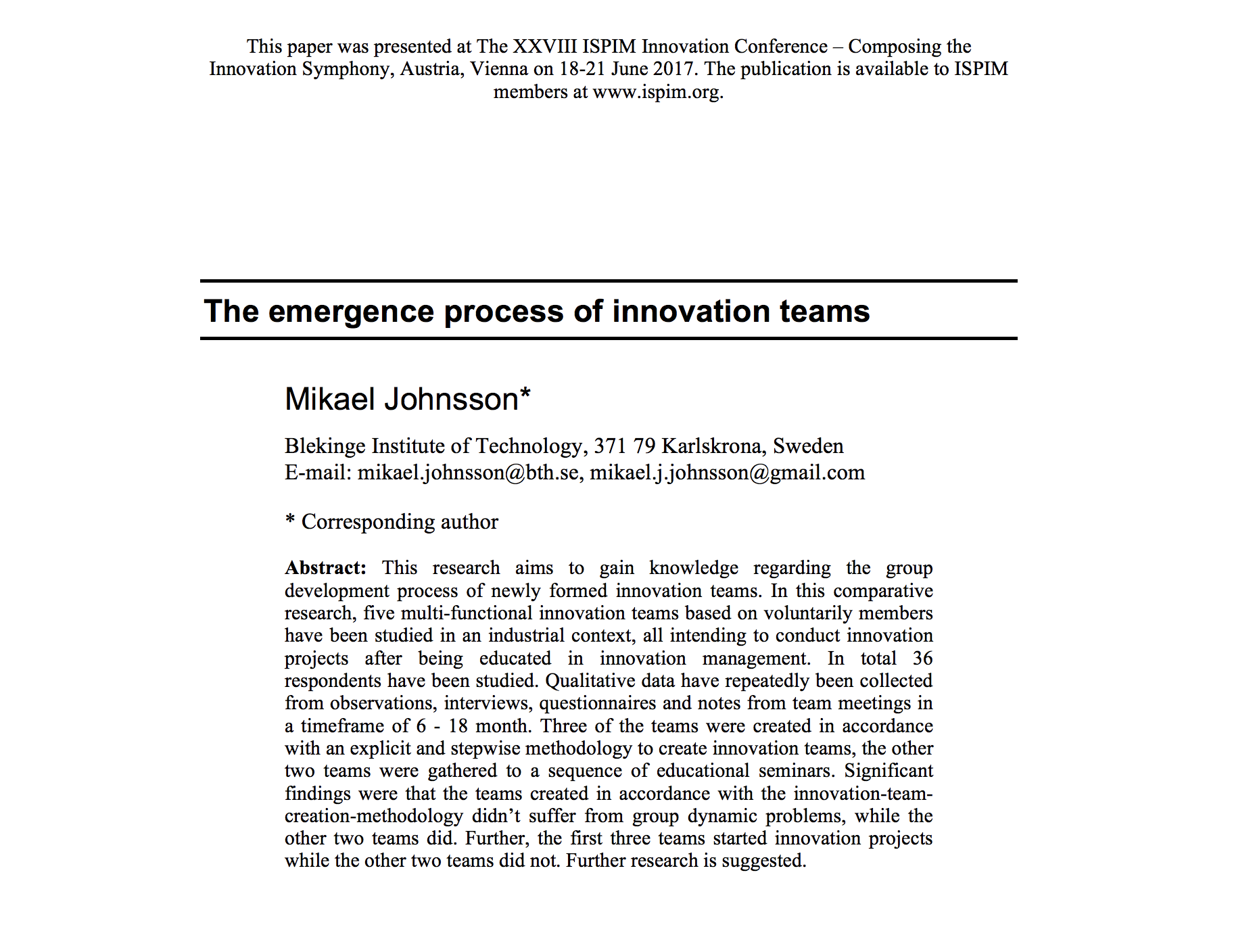ABSTRACT Quality Function Deployment (QFD) is a common model to frontload engineering design activities with, linking the characteristics of a product vs. the voice of the customer using linear relationships. This approximation is often claimed to be misleading when dealing with the design of complex engineering systems. The paper presents the results of experimental activities […]
Read More